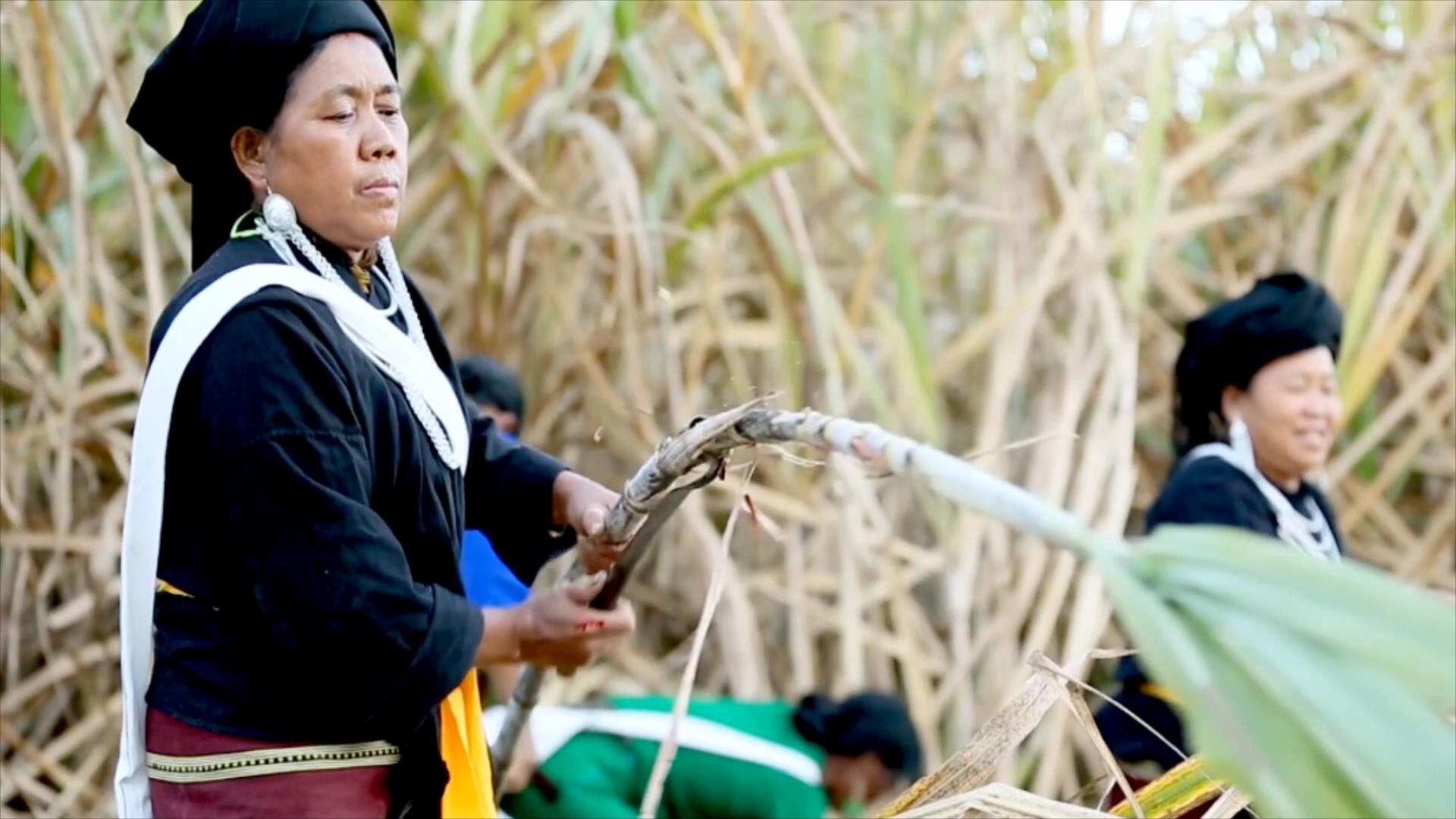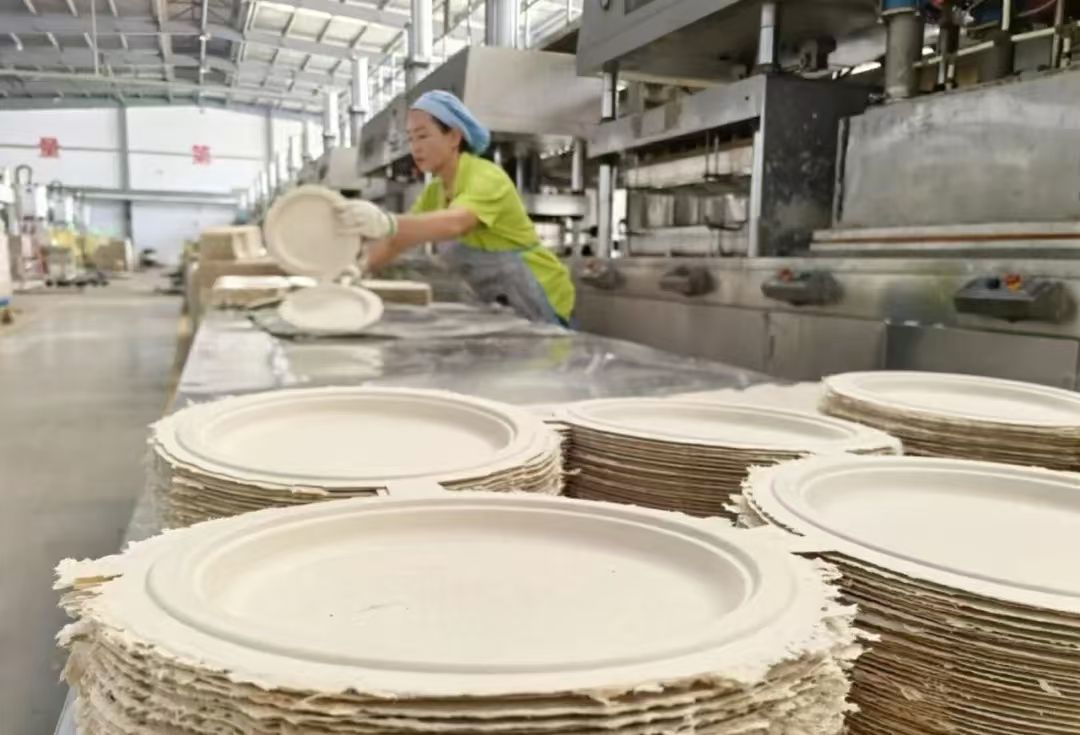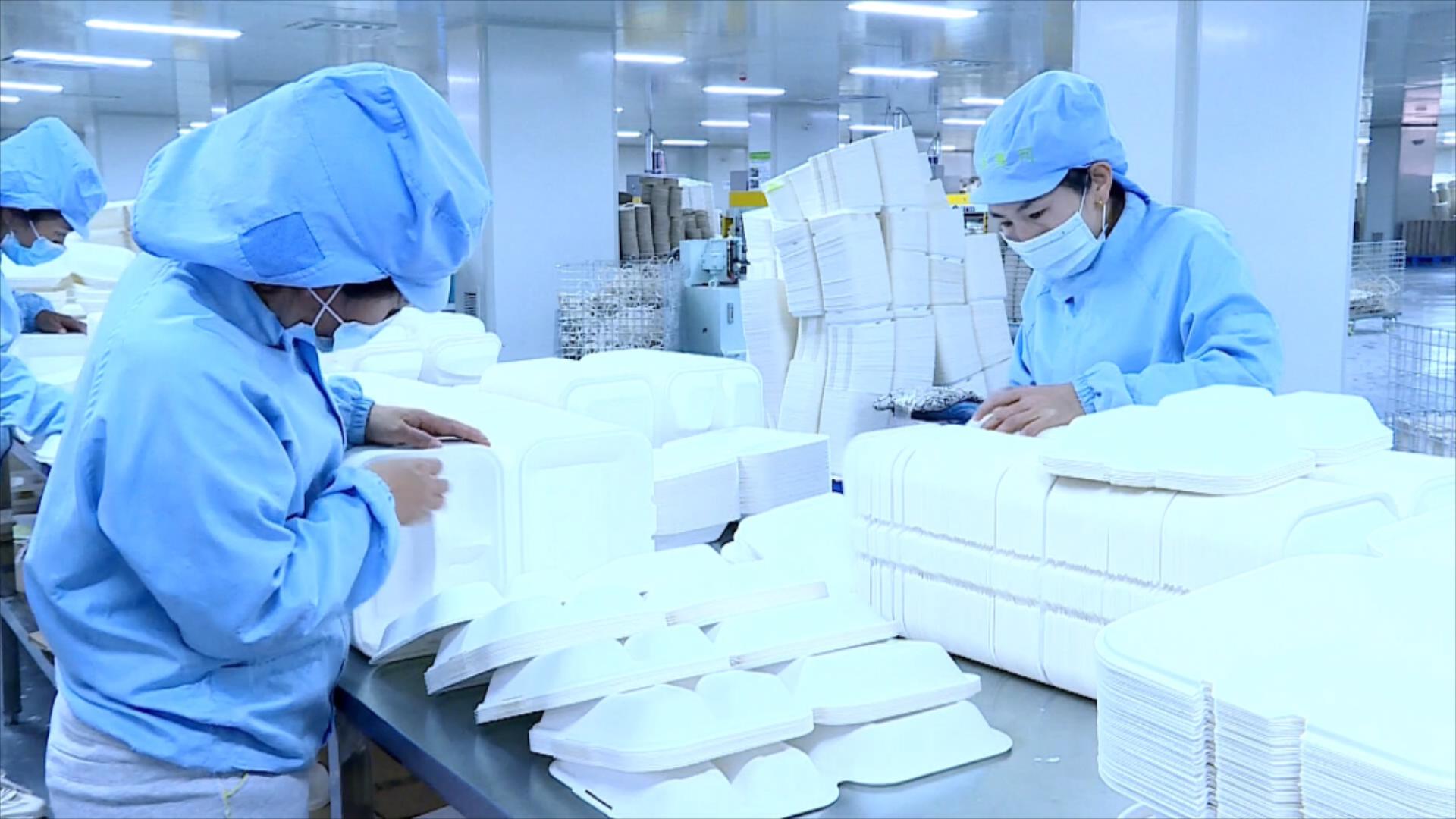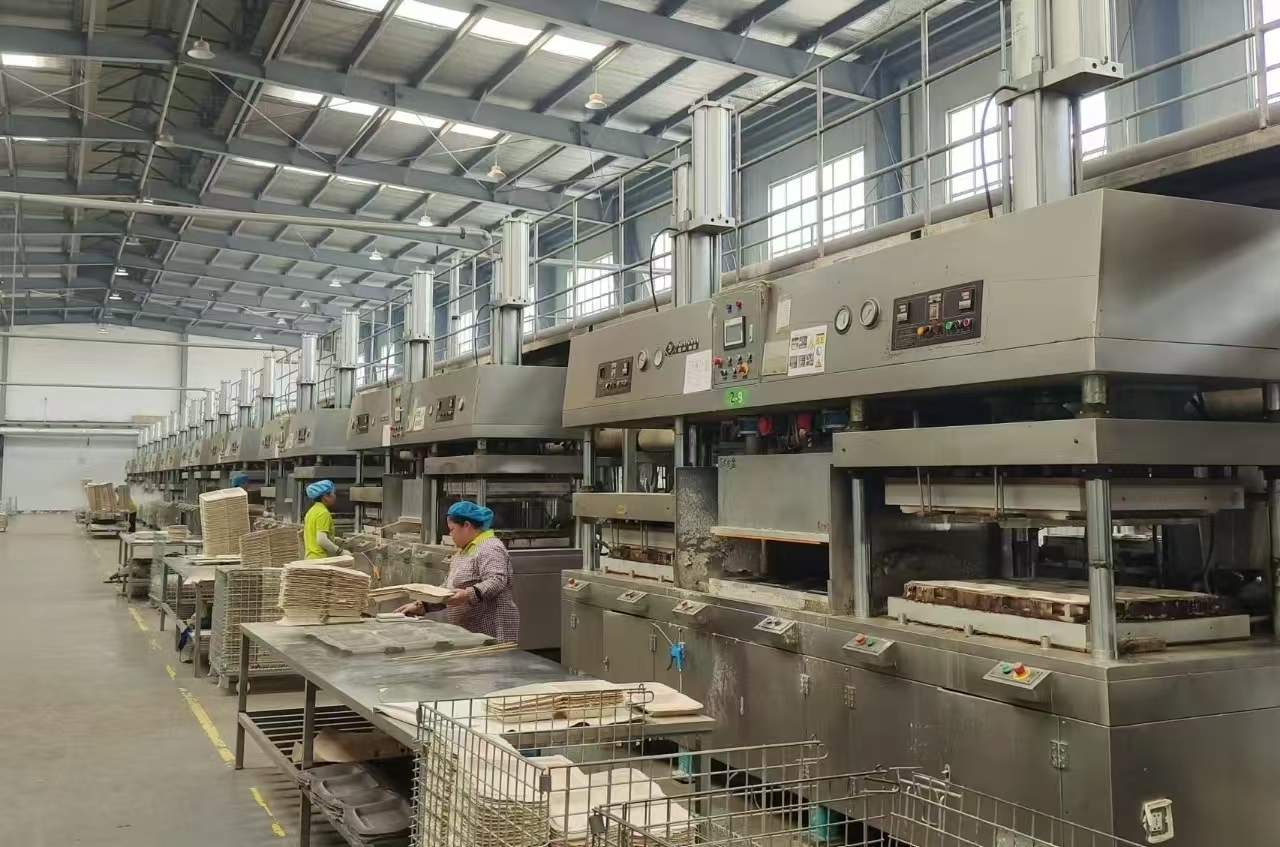




- BRNN
- BRI News
- BRNN News
- Database
Official Documents Polices and Regulations
Inter-government Documents International Cooperation BRI Countries
Business Guide Economic Data BRI Data
Trade
Investment Projects Latest projects
Cases - Content Pool
Peeling back the tough outer skin and taking a bite—chewing again and again as the sweet juice flows through one's mouth... Sugarcane, known as the "king of productivity" among crops, is not only a beloved fruit once matured, but also plays an indispensable role in cooking, medicine, papermaking, and other industries.

(Photo/People's Daily Online)
Gengma county in Lincang city, southwest China's Yunnan Province, is the leading sugar producing area in the province, with 400,000 mu (about 26,667 hectares) of land dedicated to sugarcane cultivation and 120,000 local farmers engaged in this business.
Each year, the county produces 280,000 tonnes of sugar. But the sugar making process generates over 400,000 tonnes of bagasse, most of which ends up being burned or composted, offering little economic return.
Bagasse, rich in cellulose and lignin, is a high-quality industrial raw material. In June 2019, Lyusaike New Materials (Yunnan) Co., Ltd. set up operations in the Gengma Industrial Park, Gengma county, introducing advanced technology to replace hard-to-recycle plastics with bagasse. By extracting cellulose from this byproduct and processing it locally, the company transforms what was once waste into everyday tableware.

(Photo/People's Daily Online)
On Oct. 8, 2020, the company's first production line went into operation. As machines roared, bagasse was precisely processed into eco-friendly and biodegradable tableware ready for the market.
Pollution-free and plastic-reducing, the biodegradable tableware quickly gained popularity in markets in Europe and the U.S.
"The biodegradable tableware is mainly for export, with shipments going to markets such as Germany, Italy, and the U.S. accounting for over 95 percent of the company's total production," said Xiong Xiaoqin, head of Lyusaike New Materials (Yunnan) Co., Ltd. Xiong said that orders are already booked through September.
The project has created jobs for more than 200 people and is expected to generate over 100 million yuan (about $13.61 million) in total output value.
"The project not only utilizes a large volume of bagasse produced locally but also extends the industrial chain, maximizing the value of the byproduct," said Li Xiucheng, head of the Gengma Industrial Park.

(Photo/People's Daily Online)
Pulp boards made directly from bagasse are worth just over 3,000 yuan per tonne, but when turned into finished products, their value can rise to about 20,000 yuan and even up to 100,000 yuan per tonne.
The project now runs four bagasse pulping systems, 50 automated molding and trimming machines, and supporting testing equipment, with an annual capacity of nearly 7,500 tonnes. In 2024, it generated 44.53 million yuan in output value.

(Photo/People's Daily Online)

Tel:86-10-65363107, 86-10-65368220, 86-10-65363106